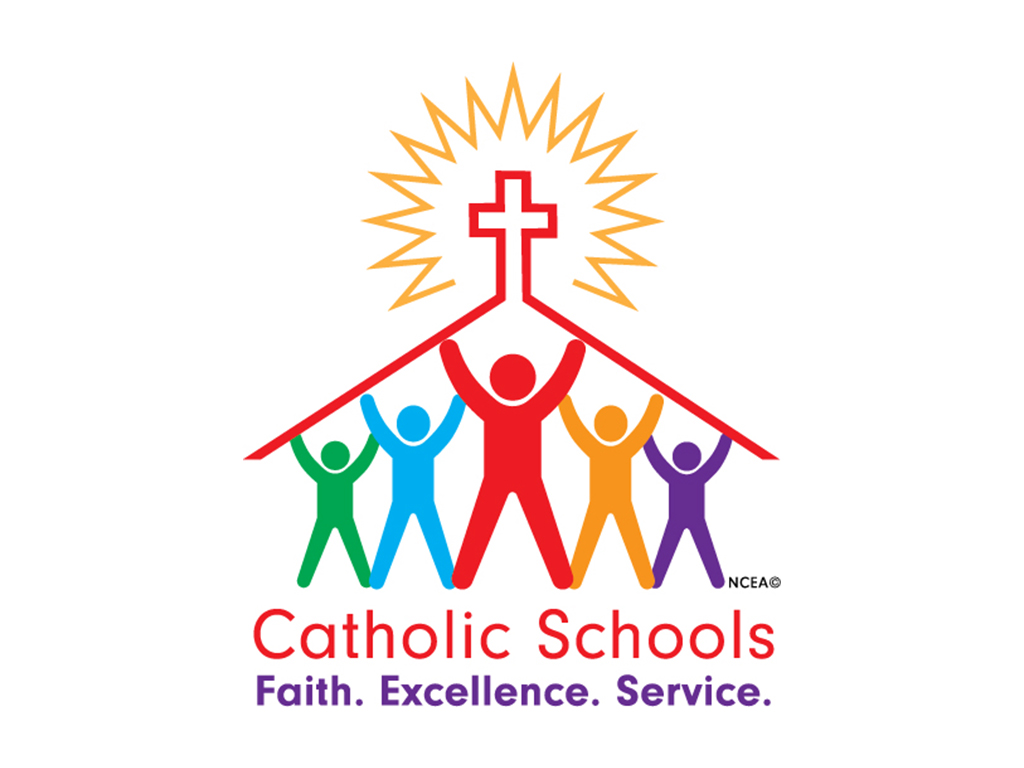As you read in the last issue of The Catholic Virginian, our diocesan Catholic schools conducted in-person classes for their students and are continuing to do so this semester. When, in consultation with our diocesan superintendent of schools and staff, I made the decision last summer to proceed with in-person classes, it was with the assurance that all precautions and protections for the heath and well-being of our students, teachers and staffs would be employed. Masks are required, social distancing is enforced, and facilities are thoroughly cleaned.
One reason we opted for in-person education instead of the virtual method is that there is plenty of evidence that in-person education of the very young is better for our children. There is a greater lack of engagement and, as a result, children are falling behind when education is solely online. However, should the pandemic require all schools to return to virtual learning, our Catholic schools, as they did last year, will adapt and adjust to that model of teaching.
By and large, the advantage of our Catholic faith and our Catholic education, and the primary reason we made the commitment to in-person classes, is that we engage the whole person at each particular stage in a child’s life. The education we provide extends beyond the mind to forming the body and the spirit as well.
In the years ahead, 2020 will be a major point of reference in the lives of children, youth and young adults. Just as the Great Depression and World War II were times that defined lives in previous generations, it is likely that last year will be a permanent imprint upon this generation.
Although they are being formed in the midst of this extraordinary, frustrating time in education, students in our Catholic schools can be confident that they are developing tools they’ll need and being equipped to manage what they encounter in their lives. If they can deal with COVID and the impact it has had on them and their world, they can deal with anything.
As we celebrate Catholic Schools Week, we should remind ourselves that the education and formation provided in our Catholic schools are not only gifts to the students, but, as a result of what they receive and apply, gifts to our Church and the communities of our diocese.
Children and young adults whose education is rooted in Scripture and Church teaching and tradition are assets to society as they learn to give witness to the Gospel. They translate what they learn in the classroom into works of charity that are integral to every Catholic school. They are taught that faith and service are life-long commitments.
The quality of education our schools provide contains academic achievement, but it does something else — something that is badly needed in our culture. Our schools remind students to develop and use their God-given skills and talents for their own good and for the good of society.
Let us give thanks to God for our Catholic schools, especially for the parents, teachers, principals, staffs, students, alumni and donors who compose the fabric of those schools. May their stewardship continue to be an inspiration and model for all of us.

